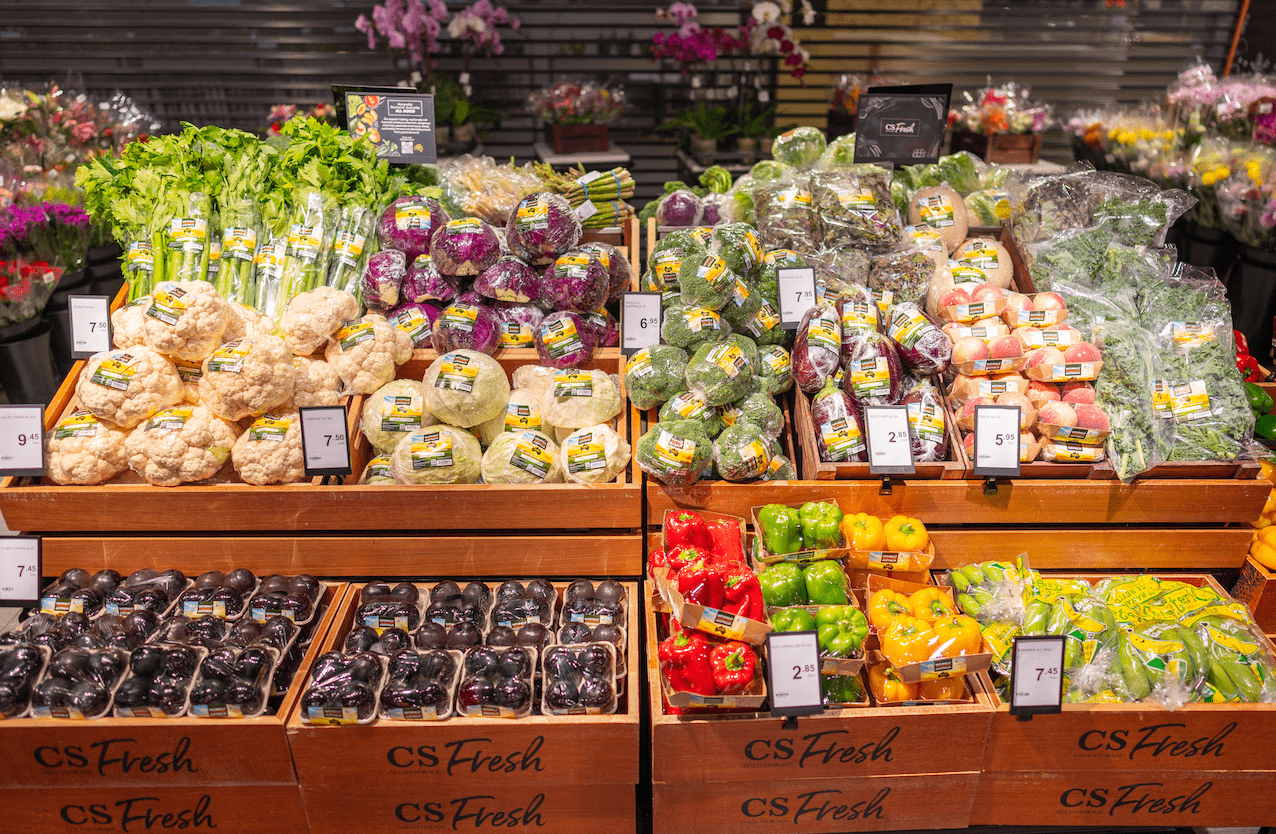Any doctor will tell you that prevention is better than cure. With one local academic insisting we’re “on our own” when it comes to fighting bird flu – or any of the multitude of cold and flu bugs that circulate – now is the time to supercharge your immune system. Since we are what we eat, we should be using mealtimes to stimulate production of our number one weapon against illness: The armies of white blood cells that patrol our bodies. These little fighters are the frontline of our defense against infection. Making sure your immune system is in tip-top shape could be a more effective measure against bird flu than stockpiling Tamiflu. So what should we be eating?
Vitamin C
The best-known immune-system booster works by stimulating the production of white blood cells, and strengthening the protective coating (interferon) that prevents viruses from entering cells.
How: Opinion is divided on how much we should be taking, but current studies suggest around 200mg a day, which you can get from six servings of fruit or vegetables (like oranges, grapefruits, berries, kiwies and green leafy vegetables). If you take supplements, opt for small doses throughout the day – your kidneys will flush a 1,000mg dose straight through your system.
Vitamin E
B-cells are the source of antibodies, and they need Vitamin E to whip them into shape. It is particularly good for older folk whose immune systems may be on the decline.
How: Most people need 100mg-400mg a day – the higher end if you are an enthusiastic smoker, drinker or couch potato. It is difficult to get more than 60mg from diet alone, so supplements are recommended. Food containing vitamin E includes wheat germ, almonds, hazelnuts, leafy green vegetables such as spinach, and vegetable oil.
Carotenoids
Carotenoids are the source of powerful antioxidants that combat cell-damaging free radical molecules, and are effective in the fight against ageing, heart disease and cancer.
How: The best known is beta-carotene, which is found in carrots, cantaloupe melons, and other red or orange fruits and vegetables, as well as spinach and dark green vegetables. Because carotenoids are complex compounds, the most benefits are reaped from foods rather than supplements. Carotenoids are soluble in fat not water. To make sure they are going into your system, try eating them with avocado (rich in monounsaturated fat). This will increase your body’s absorption almost six-fold.
Zinc
This mineral accelerates the effectiveness and production of white blood cells and antibodies.
How: 15mg-25mg a day – more than 75mg per day can be detrimental to your immune system. Rich sources of zinc are all animal-based, so if you’re a veggie and decide to take supplements, be sure to take them after a full meal as they can cause indigestion. One oyster contains around 13mg of zinc; 3 ounces of crab contain 7mg; 3 ounces of turkey or dark meat contain around 4mg.
Garlic
This member of the onion family boosts production of white cells, and strengthens antibodies and killer cells.
How: Raw is best—there are those who ingest whole cloves for breakfast—or you might try it in salad or guacamole. Supplements are more socially acceptable in the breath stakes.
Omega-3 Fatty Acids
Omega-3 is vital for health, especially against autoimmune diseases, heart attacks, mental health problems, and certain cancers, and can only be obtained via diet.
How: There is no recommended daily allowance for omega-3, but anyone who eats a lot of foods containing omega-6 fatty acids (cereals, baked goods, whole-grain bread, fried food) should increase their dosage of omega-3. Good sources are fatty fish such as tuna, salmon and mackerel, flaxseed oil, and fish oil (such as cod liver oil, now available in shiny, easily swallowed capsules). Try adding a couple of tablespoons of flaxseed oil to a smoothie.
Echinacea
The little purple flower is a strange one. There is little doubt of its effectiveness in boosting the immune system, and until the dawn of antibiotics in the 1940s it was a widely used cold cure. Although the active ingredient is a mystery, it is believed to work by strengthening cell walls, thus inhibiting germs’ ability to break them down. In recent blind, placebo-controlled tests in Germany, there was an almost 50 percent drop in colds and flu among those taking echinacea.
How: The traditional two weeks on, two weeks off could end up weakening your immune system. Instead, take 300mg three times a day when you feel a cold coming on, or if you may have been exposed to a virus. If you are under extreme emotional or physical pressure, take echinacea for two weeks.
Strange but true: Echinacea is also good for sickly dogs, but it won’t cure your pug of its inherited spluttery snort.
Get the Giggles
Stress, low-level depression, and pent-up anger can all depress your immune system. American neuroscientist Candace Pert says the immune system is an integrated network of chemical, electrical, and hormonal signals, and every cell in the body takes part in its function. She says, “This network resonates with the vibrations that surround it. It is as affected by emotions as by bacteria, as impacted by thoughts as by drugs.” Experts also say that laughter helps you to relax, and let go of pressure, anxiety and depression. As with exercise, it releases endorphins (happy hormones) and you can burn up to 400 calories per hour. So get happy, folks.





